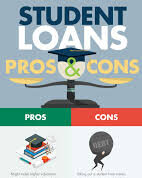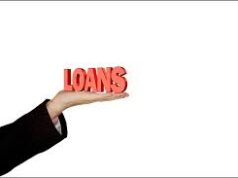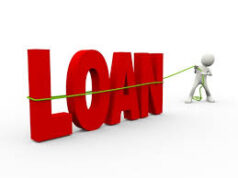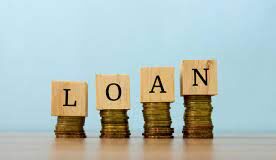Companies within the non-QM space, such as A&D Mortgage, believe that non-QM loans are, in fact, a stable option for originators. The company believes that the economic consequences of the pandemic had a disproportionate impact on small business owners, self-employed contractors, and gig economy workers who make up nearly 48% of the private workforce. Due to the impact, millions of these self-employed workers are looking to take advantage of historically low mortgage rates but they do not easily fit the standard profile in order to qualify for conforming or government loans, according to A&D.
“Instead, these individuals – from dentists to Uber drivers – must rely on the creativity and flexibility of non-QM loan programs that are specifically designed to fulfill their unmet needs,” according to a recent report from the company which dives into the benefits of non-QM mortgage loans, as market size and demand for non-QM products continue to rise.
Because of the more flexible criteria that allow non-QM borrowers to qualify based on alternative factors, non-QM loans make real estate investment opportunities available to a broader group of borrowers. That’s a new market of clients for brokers to tap into.
That being said, many first-time buyers – and even many brokers – are only familiar with QM loans. They aren’t aware that non-QM loans are a credible and viable option for many borrowers, according to A&D. That’s where educating your clients and noticing when a non-QM loan can help becomes important.
The company highlighted some benefits of non-QM loans that many lenders allow which include:
- Greater underwriting flexibility
- A wider range of income verification options
- No employment history is required (in some cases, such as asset utilization or depletion loans)
- As little as 10% down required
- Low-income reserves required (in some cases)
- Credit scores as low as 620 allowed (580 w/ compensating factors)
- Low debt-service-coverage ratio (DSCR) on investment properties
- Counting rental income (including Airbnb & VRBO)
“For many potential homeowners, investors, and originators, non-QM loans are the only way to make certain real estate investment opportunities possible,” according to A&D.
“Unconventional borrowers have access to a variety of non-QM loans that fit many different scenarios. For example, a real estate investor may make plenty of money buying, renovating, and selling homes, but they don’t record that cash flow on a W-2, which is what many lending organizations require to confirm their income. The lack of a W-2 could cause the real estate investor to be rejected for a conventional loan because it appears they don’t have the income to pay back the loan, even though they do.”








